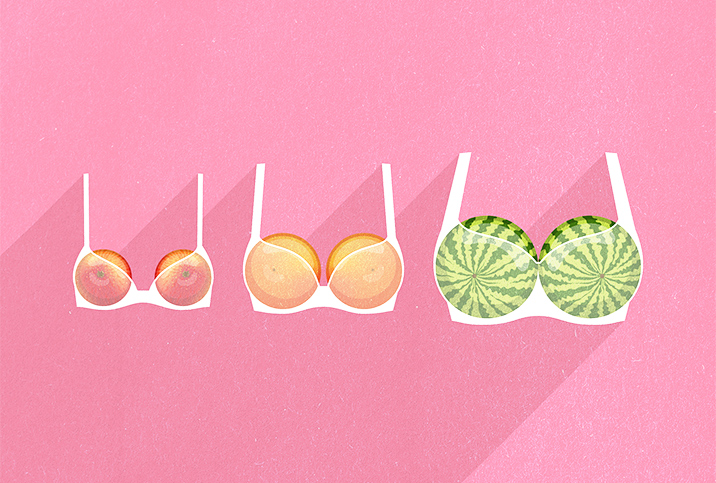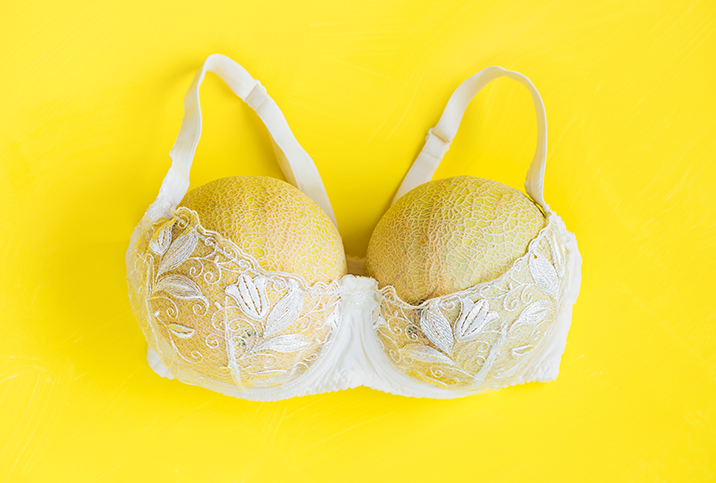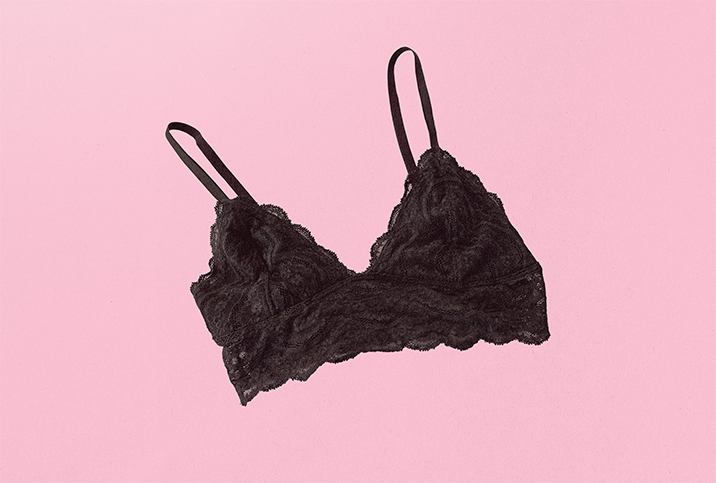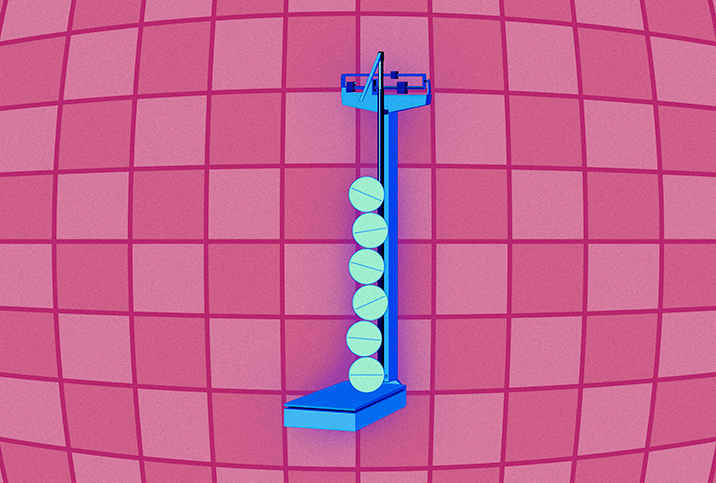How Your Breasts Change During Your Menstrual Cycle
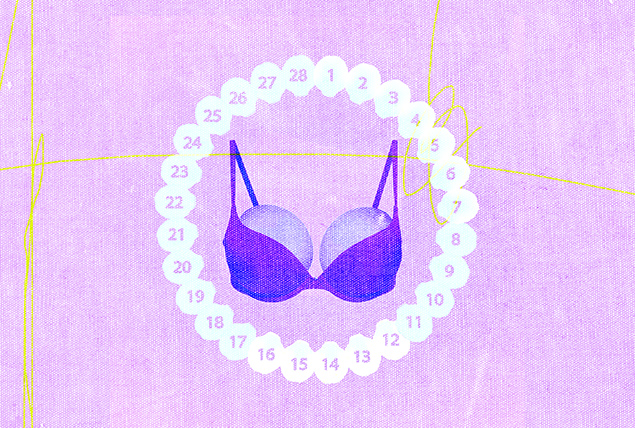
If you have ever wondered why your breasts suddenly seem bigger before your period starts or during your period, you're not alone. Many women have reported the same occurrence during their period, among other changes like breast pain and/or tenderness.
On the social platform TikTok, one woman shared how her breasts became bigger and extra sensitive, something which resonated with many of her viewers in the comments. Another TikToker user shared how she experienced soreness in her breasts before her periods started.
In order to comprehend why these changes occur, it's important to first look at the role played by your hormones during your menstrual cycle and how they fluctuate.
Hormonal changes and your menstrual cycle
Your menstrual cycle mainly occurs in two stages: the follicular or proliferative phase and the luteal or secretory phase.
"The follicular phase occurs during the first 14 days of your cycle. while the luteal phase starts after ovulation and happens during days 14 to 28," explained Kevin Alten, M.D., an OB-GYN and associate professor at Marietta College in Ohio.
During the follicular stage, estrogen is produced and its levels rise until ovulation happens (the release of an egg). The luteal phase occurs after ovulation, and progesterone dominates in this phase, which helps to build up the endometrium in preparation for implantation. The endometrium is the lining of the uterus.
If the egg is fertilized, the endometrium is maintained. However, if the egg is not fertilized, there is a steep decrease in estrogen and progesterone, and the endometrium sloughs off, leading to menstruation, or what we call a period.
Fluctuation of estrogen and progesterone during this period, as Alten noted, is what causes various symptoms, including breast changes.
Common breast changes during your menstrual cycle
Hormonal fluctuations may cause various changes to your breasts such as swelling, soreness and tenderness. Some women may also experience a change in the texture of their breasts.
"Your breasts may also feel lumpy due to gland enlargement," Alten added.
It's also common to experience breast pain.
"The most common type of breast pain or mastalgia is cyclical, which means that it's related to your cycle," explained Angela Rai, M.B.B.S., a general practitioner who specializes in women's health at London General Practice. "The pain may begin around the time of ovulation and continue until the start of your menstrual cycle. Usually, the pain affects both breasts and may start three to five days before a period."
Breast pain may settle when your period starts.
Noncyclical breast pain can come from the breast or nearby muscle and tissue and be felt in the breasts. This type of pain is usually not related to your hormones.
According to Cleveland Clinic, noncyclical breast pain may be caused by the following:
- Birth control pills
- Pregnancy
- Infection
- Inflammation
- Infertility medications
- Hormone therapy
- Prior radiation therapy
- Antidepressants
- Breast cysts
- Fibroadenomas (noncancerous lumps)
- Costochondritis (inflammation where your bones and cartilage meet in your rib cage)
- Having larger breasts
- Surgical scars
Cyclical breast changes that occur during your period are pretty common, but not all women experience them.
What you can do about breast changes during your period
While most of these changes tend to subside and go away after your period, you can take steps to manage some of them, such as breast pain and tenderness/soreness. Alten and Rai recommended the following:
- Eliminate caffeine, which includes coffee
- Eat a low-fat diet
- Reduce your salt intake
- Avoid smoking
- Nonsteroidal anti-inflammatory drugs (NSAIDs), such as ibuprofen, can provide temporary relief
- Wear a well-fitted, supportive bra
- Keep a diary of the pain and its response to treatment
- Vitamin E and B6
Breast changes that should be a cause for concern
If there is a persistent lump or changing lump that doesn't settle after your period, it may be best to consult your healthcare provider. Breast pain itself is rarely a symptom of cancer, but persistent breast pain should be checked, Rai advised.
Other changes that should warrant a visit to a doctor include an inverted nipple and skin that is itchy, red, scaled, dimpled or puckered.
If there is nipple discharge, especially with blood in the discharge, it may also need checking. It's also advisable to ask your healthcare provider about possible side effects of any medication you are taking. Nipple discharge can be caused by birth control pills, some medicines and infections, but it can also be a sign of cancer, so it should always be checked by a doctor, according to the National Cancer Institute.
Conducting a breast self-exam regularly can help you learn how your breasts feel normally and detect any changes outside the norm, although self-exams should not serve as a substitute for mammograms.












